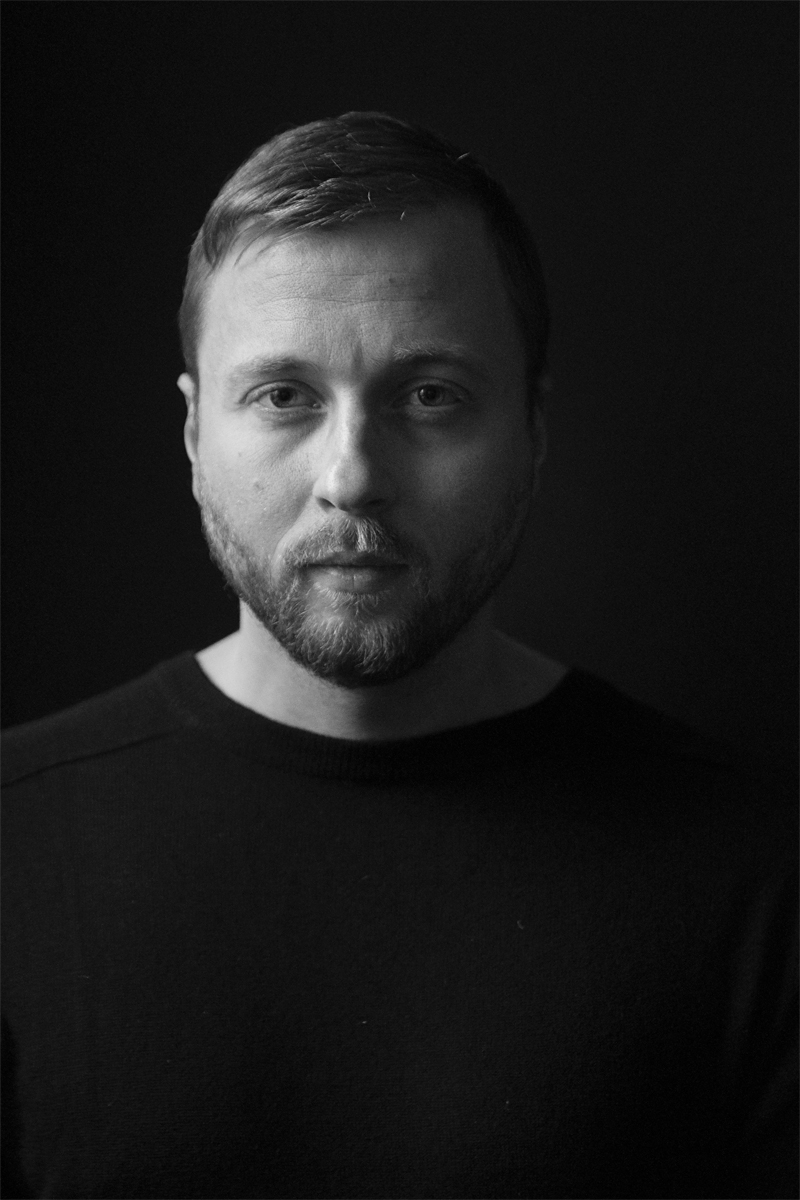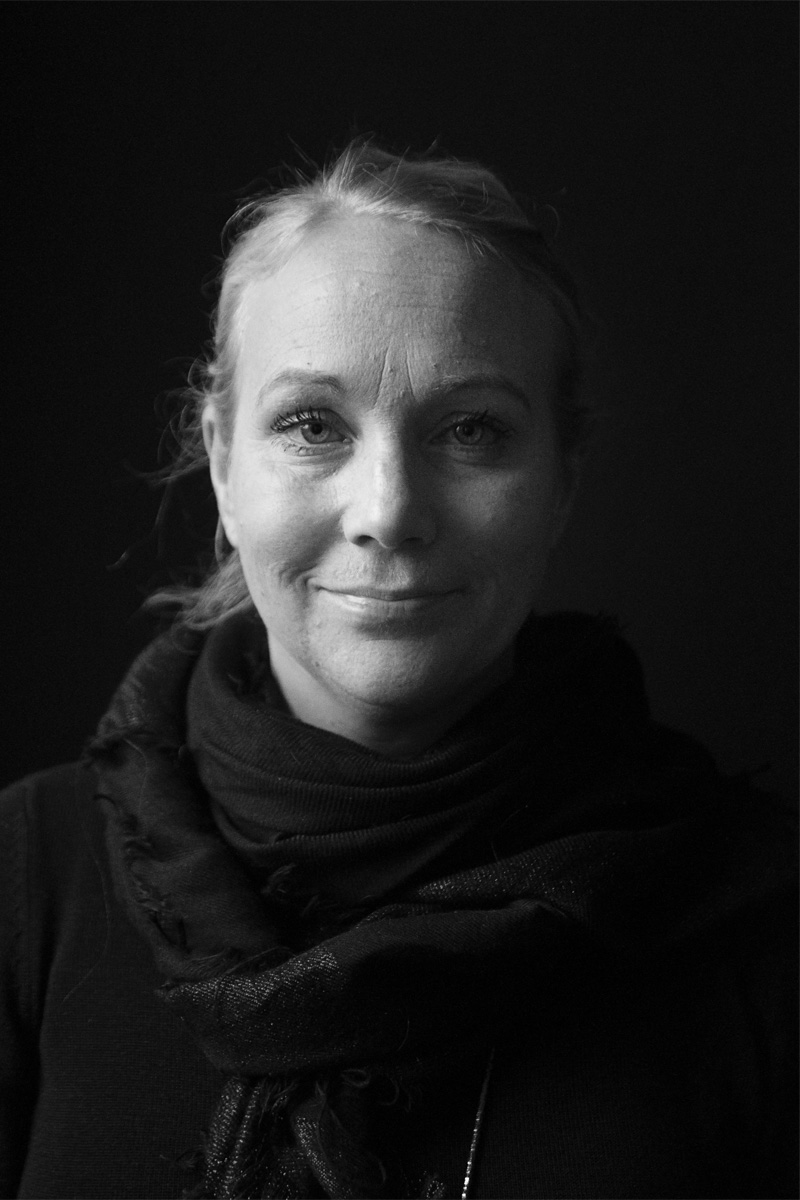USEFOR
A project that aims to study participation in forensic psychiatric contexts.
Background
The USEFOR project focuses on participation in forensic psychiatric contexts. According to Swedish health legislation (Patient Act §5), care shall promote patient participation and be based on the patient's will. Forensic psychiatric care is controlled by the same laws that control all healthcare, but has additional laws that control the compulsory treatment. The latter and patient participation are the antithesis of each other, thus leading to different and still unexplored challenges in forensic psychiatric care.
There is a great deal of support for the fact that patient participation is in general something good that benefits the patient. The SBU report 287/2018 states, in a systematic review of Swedish qualitative studies regarding patients' experience of forensic psychiatric care, that patients experience vulnerability and a lack of participation and autonomy. However, research in this area is very scarce
Purpose
The overall purpose of the project is to describe how patient participation can be understood and applied in the context of forensic psychiatry, where individuals are handed over to compulsory care, or where institutionally placed individuals are temporarily part of their execution time.
Method
The project will consist of various interview studies. In the first study, caregivers are interviewed about how they work to support patient participation. In the second study, patients are interviewed about how they experience participation. The third study focuses on how patients experience their participation in administrative court. The last study will examine how caring relationship and quality of care correlate with perceived participation among patients and caregivers, this with the help of questionnaires.
Clinical importance
The project has great clinical relevance as participation is such an established concept in health care and it is expected that forensic psychiatric care will work to support patient participation, the subject is under-studied and the few studies that have been done show that participation and autonomy are perceived as inadequate by the patients. In more and more regions, person-centered care is increasingly being discussed, even in forensic psychiatric care. Since participation in the form of shared decision-making is such a central part of working with a person-centered perspective, together with the obvious contradiction between coercive care and participation in forensic psychiatry, it is very important that the subject is studied in order to implement person-centered care, adapted to the conditions that are actually possible.
Research Group Leader
Ulrica Hörberg, RN, Associate Professor, Department of Health and Caring Sciences, Linnaeus University, Växjö, Sweden
Research group
Andreas Söderberg, RN, PhD student, the Regional Forensic Psychiatric Clinic Växjö, Sweden, Department of Health and Caring Sciences, Linnaeus University, Växjö, Sweden
Märta Wallinius Med PhD, Leg. Psychologist, the Regional Forensic Psychiatric Clinic Växjö, Sweden, Lund University, Department of Clinical Sciences Lund, Child and Adolescent Psychiatry, Lund, Sweden
Mikael Rask, , RN, Associate Professor, Department of Health and Caring Sciences, Linnaeus University, Växjö, Sweden
Christian Munthe, Professor, Department of Philosophy, Linguistics, Theory of Science, University of Gothenburg, Sweden
Collaboration
Center for Ethics, Law and Mental Health (CELAM), Forensic Psychiatric Regional Clinic Vadstena, Linnaeus University.
Time plan
Data collection 2019-2022. Scientific processing, analysis and publication 2019-2026.
Fundings
Swedish Research Council for Health, Working Life and Welfare and the Forensic Psychiatric Regional Clinic in Växjö

PhD-student and Licensed Nurse
- E-post: andreas.soderberg@kronoberg.se
- Telefon: 0470-58 90 33, 0767-20 79 12

Associate Professor in Forensic Psychiatry and Registered Psychologist
- E-post: marta.wallinius@kronoberg.se
- Telefon: 0470-58 99 33, 0709-67 30 04

